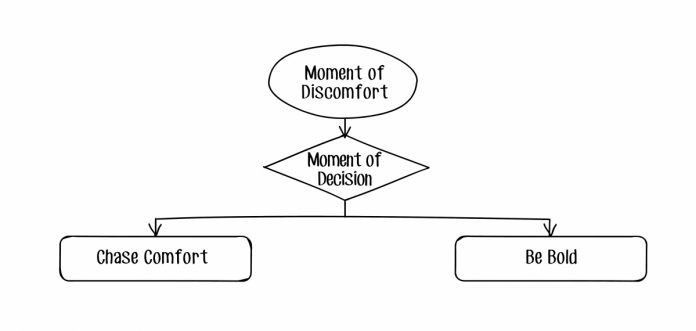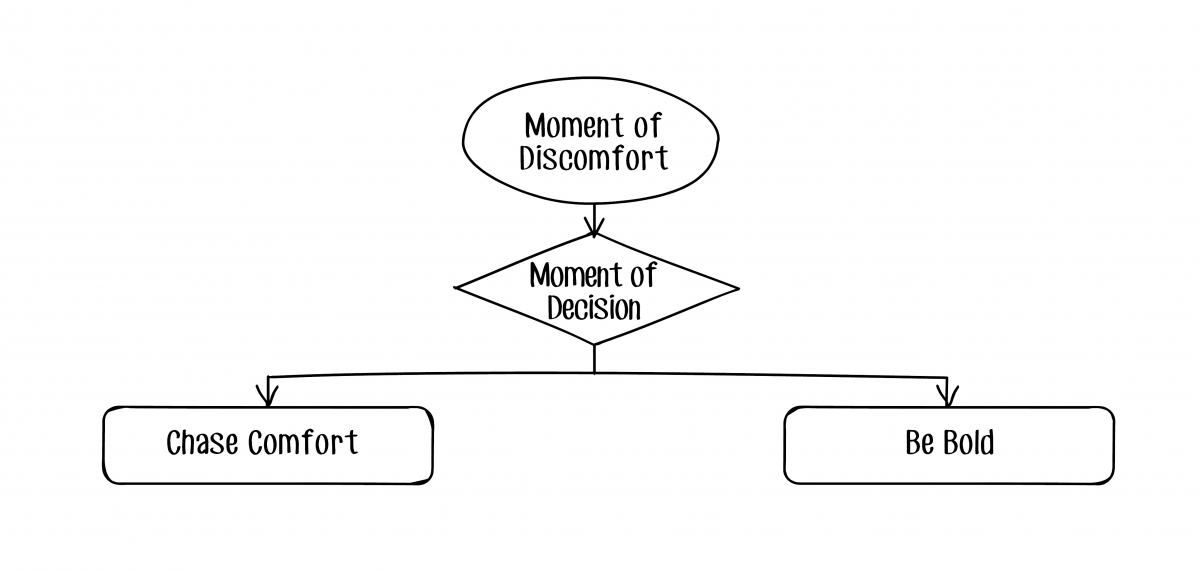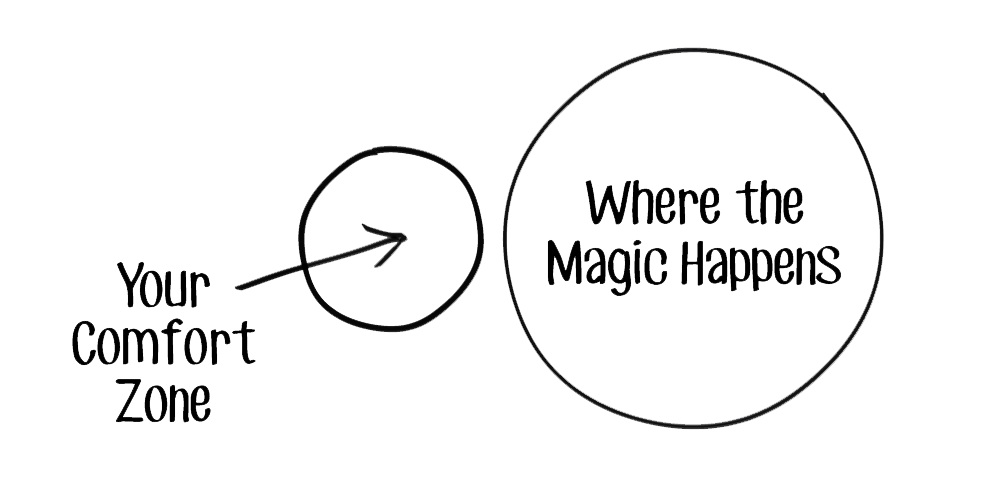
Here’s the scene: It’s the Monday morning staff meeting and 20 professionals are listening to a suit drone on about an administrative issue. You’ve been at this meeting, right? The kind of meeting that causes you to consider faking a cerebral hemorrhage just to have an excuse to leave?
You’re actively daydreaming (planning a vacation, thinking about lunch, wondering what stupid stunt Miley Cyrus will pull next) when the manager says, “OK, time for some training. Here’s the scenario: The customer is thinking about a purchase decision but at the last minute says to you, ‘I’d like to move forward, but Jupiter is in Virgo and my swami says any action I take now could result in prolonged ennui.’ Then the manager looks right at you and says, “How are you going to respond? Go!”
When Role-Playing Isn’t
There is such a negative bias against role-playing. Wanna know why? Because most role-playing, well, isn’t.
Look at the case study above. That is not role-playing; it’s improv, and it requires an entirely different skill set.
Many people struggle with role-playing because they are put in positions of glorified public failure. Who wouldn’t object to that?!
When Training Isn’t
Effective training is really about just one thing: behavioral change. If training doesn’t lead to a change in performance, it can be deemed a failure. So why do so many managers miss this? They think that if they share a concept at a team meeting, or if they bring in a speaker to lecture for a few hours, they can call it “training.” You cannot call that training any more than you can explain to someone how to work out and expect to see their muscles grow in front of your very eyes.
The Secret to Mastery
It’s not fun. It’s not sexy. It’s not thrilling. Sales mastery is about the hard work of repetition. I don’t know how else to say it:
The destination called mastery
is on a road called repetition.
That’s it. That’s the secret. It’s all about repetition. In music, in art, in athletics, in surgery, in writing software…you name it. The destination called mastery is on a road called repetition, and on that road there are neither short cuts nor express lanes. It’s good old-fashioned roll-up-your-sleeves hard work.
The 10-5-3-1 Mastery Plan
But it’s not just any kind of repetition; it’s constantly improving repetition. And that’s where my 10-5-3-1 plan comes into play.
In Geoff Colvin’s excellent book, “Talent is Overrated,” he talks about moving along the path of three zones:
- The Panic Zone
- The Learning Zone
- The Comfort Zone
The idea is that repetition takes us from one zone to the next.
I agree with Colvin’s concept, but what happens when we reach the “Comfort Zone”? If we’re not careful, we will enjoy the accomplishment, we will settle into that zone….but we won’t challenge ourselves to grow yet further.
The 10-5-3-1 plan is predicated upon the idea that I constantly must raise the discomfort bar if I am to constantly improve my performance. The premise is simple but profound: If it does not challenge me, it does not change me. (How’s that for words to live by?)


Here’s how it works:
10 Practice a very limited and specific skill out loud and into a voice recorder 10 consecutive times. Listen after each recording and make notes. Listen for word choice, pace, enthusiasm, relaxed tones, etc. Do it 10 times, even if you feel like you have it down. You want to turn the technique into muscle memory. After 10 times, you should be comfortable with the technique…which means you need to get uncomfortable all over again. So you….
5 Practice the same technique with a peer, five times. Find someone who will be brutally honest with you and who will coach you for performance improvement. This will be uncomfortable at first, but far less so after having practiced repeatedly alone. Get better each time, and continue to build your muscle memory. After five times, it will be much more comfortable. So you….
3 Ratchet up the discomfort by practicing three times with your manager. Now you’re into the fine-tuning, so pay close attention. You are honing in on perfection! You’re getting insanely comfortable with the technique. So you…
1 Demonstrate your perfected skill in front of the entire team. You can do this…you’ve put in the necessary repetition. You’ve moved from the panic zone to the learning zone to the comfort zone. By now you should be on autopilot.
Here’s my question: How ready are you to now take your perfected technique and use it in real life? How high is your confidence level? How bold will you be when others are uncomfortable?
Get to Work
Here’s an idea: TRY IT! Right away! I mean, pick a skill and get to work on it right now. Find the voice recorder feature on your smart phone and lay that baby down. Do not hesitate; do not give your comfort addiction the chance to derail your quest for mastery.
Master your presentation through repetition…and you’ll change someone’s world!
Jeff Shore is a sales expert, speaker, author, trainer, and consultant whose BE BOLD methodology teaches you how to change your mindset and change your world. His latest book, Be Bold and Win the Sale: Get Out of Your Comfort Zone and Boost Your Performance, was published by McGraw-Hill and released in January 2014. Learn more at jeffshore.com.




